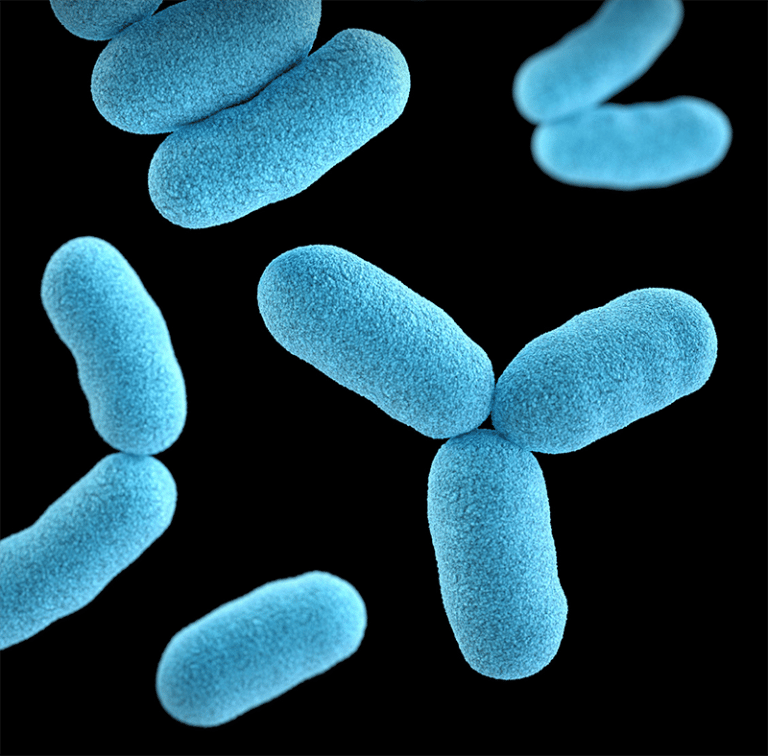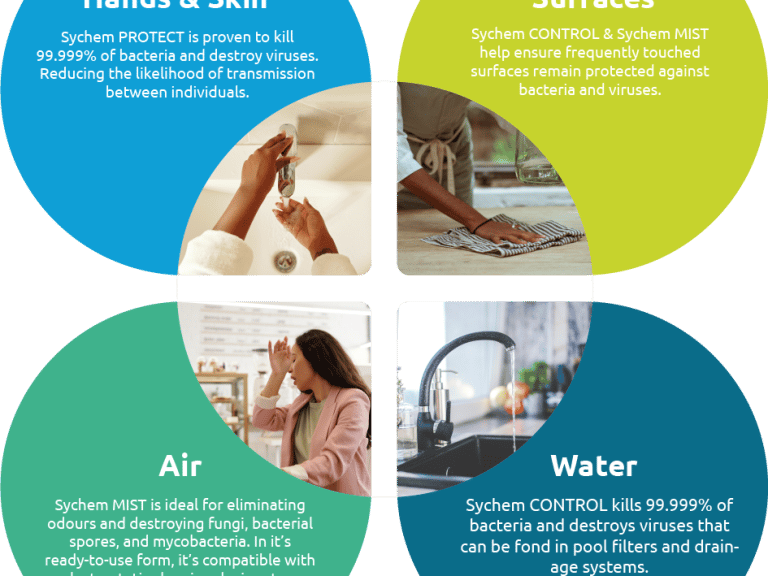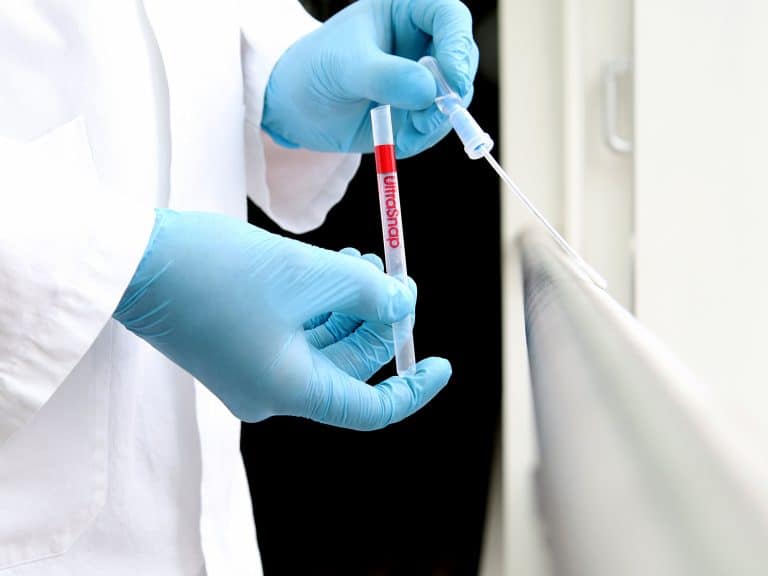What is the difference between a Bacteria and a Virus
At Sychem, we provide a variety of Infection Control consumables designed for use in various industries. We are experts in Disinfection, Sterilisation and Decontamination and provide technology platforms proven to fight Bacteria and Viruses. Although Viruses and Bacteria are too small to be seen without a microscope, there are several, big differences between the two.
What is Bacteria?
Bacteria are single-celled, relatively complex creatures with a rigid wall and a thin, rubbery membrane surrounding the fluid that is inside the cell. Bacteria have a cell wall, and possess all the components required to survive and reproduce. Some, however, may derive energy from other sources.
Nevertheless, they have the ability to reproduce on their own, and fewer than 1% of bacteria cause diseases in people. In addition, bacteria can survive in different environments, including extreme heat and cold, radioactive waste, and the human body.
Bacteria can be found almost anywhere on Earth, and are essential to the planet’s ecosystems. While some can live under extreme conditions, the human body itself is filled with bacteria. While most Bacteria resigning in the body are harmless, there are a relatively small number of species that cause disease.
What is a virus?
On the other hand, viruses are tiny: the largest virus is smaller than the smallest bacteria. They feature a protein coat and a core of genetic material, either DNA or RNA. They can only reproduce by attaching themselves to cells.
In most cases, they reprogram the cells to make new viruses until the cells pop and die. Unlike bacteria, viruses can’t survive without a host. In other cases, they turn normal cells into malignant or cancerous cells. Viruses are not considered ‘living’ because they require a host cell to survive in the long term, reproduce, and acquire energy.
Most Viruses cause disease and usually attack a specific part of the body. There are many common Viruses out there, including HIV, Influenza, the common cold and Rabies. Viruses are so common that we are living with one in 2022, and the new Coronavirus SARs-CoV-2 that causes COVID-19 is a Virus.
The difference between Bacteria and Viruses
To summarise, there are several key differences between Viruses and Bacteria. A Virus is smaller than Bacteria and requires a host to survive, whereas a bacteria can survive in many different environments. Looking at it from a biological level, the main difference between the two is that Bacteria are free-living cells with the ability to live inside or outside a body.
In contrast, Viruses are a collection of non-living molecules that need a host to survive. Bacteria can also be friendly to humans, and, unlike bacteria, most viruses do cause disease.
Transmission of Bacteria and Viruses:
Despite there being many differences in the Biological structure of both Bacteria and Viruses, the ways that they can be transmitted are relatively similar, including:
- By being exposed to the droplets that are expelled when a person coughs or sneezes within your vicinity
- Being in close contact with an infectious person
- Making contact with infected surfaces and then touching your nose, mouth, or eyes
- Having contact with infected body fluids
- Having contact with infected animals or insects such as fleas, ticks, or mosquitoes
- The transmission from mother to child during birth.
What can Sychem do about Bacteria and Viruses?
At Sychem, we work with several prestigious partners to offer an extensive portfolio of Infection Control consumables, chemicals and decontamination equipment.
We work with Hygiena to provide a range of ATP Monitoring Devices, designed to measure the effectiveness of cleaning practices, ensuring businesses can operate safely. Contaminated surfaces and equipment can quickly lead to microbial contamination, and ultimately the potential infection of patients and personnel.
To find out more about what Hygiena offer, visit their webpage.
If you have any further questions or would like to get in touch with a member of our expert team, enquire now.








